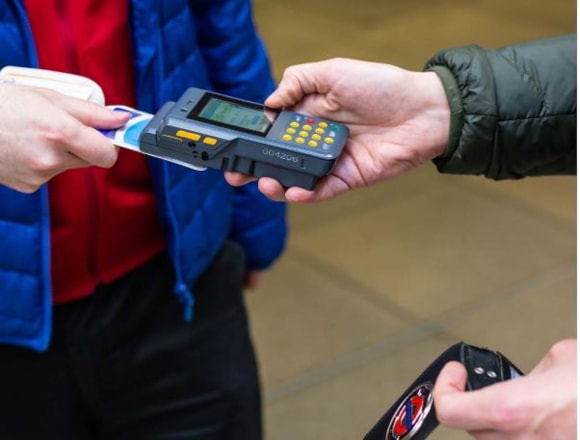Transport for London (TfL) is expanding its team of investigators as part of a new strategy to crack down on fare evasion.
TfL reports that the team will focus on identifying and targeting the most persistent and high-impact offenders, who cost TfL thousands of pounds in lost revenue each year.
The investigations team will take an intelligence-led approach, using advanced tools, including TfL’s Irregular Travel Analysis Platform (ITAP) which uses ticketing and journey data, passenger information, and CCTV to identify fare evaders responsible for the greatest revenue loss.
Other key measures in the fare evasion strategy include:
- Enhanced monitoring and quicker response to emerging fare evasion trends across the network
- Expanded data collection and analysis to refine intelligence-led enforcement
- Tailored interventions for each transport mode
- Managing known offenders across the network and working with the police to identify the most prolific offenders on social media
This strategy aims to further reduce fare evasion across all TfL services, with the goal of driving down the rate to below 1.5% by 2030.
READ MORE: TfL reveals new priority seat design ahead of Priority Seating Week
By analysing travel patterns, the team will focus on those who evade fares repeatedly, ensuring they are caught and held accountable.
TfL also reports that this approach has seen success on London Underground, where more than £400,000 was awarded to TfL by the courts last year following the prosecution of 360 prolific fare evaders.
ITAP further strengthens a range of deterrent measures, including targeted email campaigns warning customers of fare evasion penalties, station interventions, and a register of repeat offenders to prioritise enforcement and potential prosecution.
TfL’s director of security, policing, and enforcement Siwan Hayward said: “The overwhelming majority of customers pay the correct fare, and it’s unfair to those who do that a minority avoid paying.
“We are strengthening our capability to deter and detect fare evaders ensuring they face the consequences of their actions and that the cost of fare evasion is paid by the evaders, not our fare paying customers or taxpayers.
“Fare evasion is not a victimless crime. It robs Londoners of vital investment in a safe, frequent and reliable transport network and we are committed to reducing the current rate of fare evasion to 1.5% by 2030.”
Achievements and innovations in public transport planning will be recognised and celebrated at the fourth annual CiTTi Awards on 25 November 2025 at De Vere Grand Connaught Rooms in London. Visit www.cittiawards.co.uk to learn more about this unmissable event for the UK’s transportation sector!





